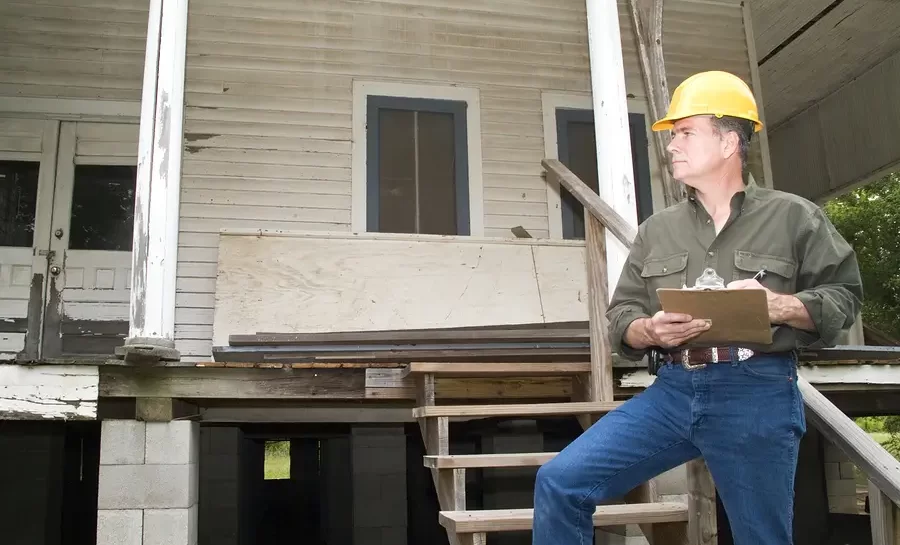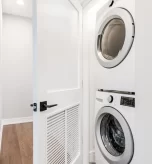The amount a home inspector near me charges per inspection can vary depending on factors such as location, experience, and the specific services being offered. In the United States, the average cost for a home inspection ranges from $300 to $500. However, some home inspectors may charge more or less than this amount, depending on their circumstances and the market they serve.
It’s worth noting that home inspectors typically spend several hours on each inspection. Their fee includes not only the inspection itself but also a detailed report outlining their findings. Additionally, home inspectors may offer additional services, such as radon testing or termite inspections, which can affect the overall cost of the inspection.
Overall, the amount a home inspector makes per inspection can vary widely, but the average cost in the United States is typically between $300 and $500.
Cost Per Inspection
The cost of a home inspection can vary depending on several factors, such as the location, type of inspection required, size, age, and complexity of the property, and the experience and qualifications of the home inspector. In general, the average cost of a home inspection in the United States ranges from $300 to $500, but prices can vary widely.
Additional services or specialized inspections such as radon testing, mold inspection, or testing for lead paint, may also incur additional costs. The cost of these additional services may be bundled with the home inspection fee or charged separately.
It’s important to keep in mind that the cost of a home inspection is a worthwhile investment in ensuring the safety and soundness of the property. It can also help homebuyers negotiate a fair price for the property or request repairs or improvements before finalizing the purchase.
Read More: Affordable House Inspection Services: A Complete Guide
Benefits of Being a Home Inspector
There are several benefits to being a home inspector, including:
- Flexibility: Home inspectors have the option to work as independent contractors or as part of an inspection company, giving them the freedom to set their schedules and work as much or as little as they desire.
- High demand: With the increasing number of homebuyers and sellers, the demand for qualified home inspectors continues to grow, providing job security for those in the industry.
- Job satisfaction: As a home inspector, you play an important role in ensuring the safety and soundness of a property. By providing a detailed inspection report, you can help buyers and sellers make informed decisions and avoid costly surprises.
- Varied work environment: Home inspectors get to work in different environments every day, from suburban homes to rural farmhouses to high-rise apartments.
- Learning opportunities: Home inspectors are constantly learning about new construction methods, building materials, and technology, making it a great profession for those who enjoy continuous learning and staying up to date with industry trends.
- Earning potential: Experienced home inspectors can earn a good income, especially if they work in high-cost areas or specialize in specific types of inspections such as commercial properties or historic homes.
Overall, being a home inspector can be a rewarding and fulfilling career choice for those who enjoy working independently, learning new things, and helping others.
The Procedure Of Home Inspection
The procedure for a home inspection typically includes the following steps:
1. Scheduling the inspection:
home inspectors near me The first step in the home inspection process is to schedule the inspection with a qualified home inspector. The homebuyer or seller usually arranges the inspection.
2. Conducting the inspection:
On the day of the inspection, the home inspector will arrive at the property and begin a thorough examination of the home’s systems and components, including the roof, foundation, plumbing, electrical, heating and cooling systems, and appliances.
3. Documenting findings:
As the inspection progresses, the home inspector will take detailed notes and photographs of any issues or defects found during the inspection.
4. Providing a report:
Once the inspection is complete, the home inspector will prepare a comprehensive report outlining their findings. This report will typically include photographs and a detailed description of any issues found during the inspection.
Read More: Types of Home Inspections Home Buyers Should Know
5. Reviewing the report:
After receiving the report, the homebuyer or seller should review it carefully to understand the issues found during the inspection. The report can be used to negotiate repairs or a lower price for the property.
6. Follow-up inspections:
In some cases, the home inspector may recommend follow-up inspections or additional testing for specific issues that require further evaluation.
Overall, the home inspection process is designed to provide the buyer or seller with a comprehensive understanding of the condition of the property and to identify any issues that may need to be addressed before finalizing the sale.
Final Thoughts
In summary, a home inspection is an essential step in the home-buying process that can provide buyers with valuable information about the condition of the property they are considering purchasing. The cost per inspection can vary depending on several factors, such as location, type of inspection required, size and age of the property, and the experience and qualifications of the home inspector.
Being a home inspector can be a fulfilling and rewarding career choice that offers flexibility, job satisfaction, and opportunities for learning and growth. If you are considering a career as a home inspector, it is essential to receive proper training and certification to ensure that you are providing the best possible service to your clients.
Overall, whether you are a homebuyer or a home inspector, the home inspection process plays a crucial role in ensuring the safety and soundness of a property and can help identify potential issues before they become major problems.





